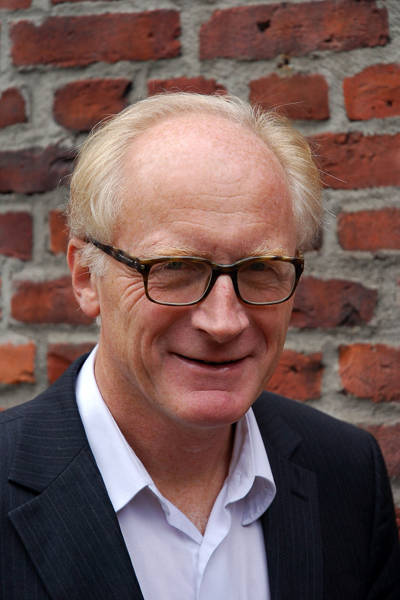A hasty reduction of international civilian assistance to Afghanistan could seriously damage the country's political reform process. But it is a problem that is rarely discussed.
Understandably, the political transition to the post-Karzai era dominates the political agenda. And much attention is given to the security transition and a Bilateral Security Agreement between the US and Afghanistan, which hopefully will be concluded soon. Both are important to Afghanistan's future stability.
However, we should focus more attention on the economic transition. At the Tokyo Conference in 2012, donors committed themselves to contribute 16 billion dollars over the next four years for civilian purposes. There is a serious risk that in reality less will be available. Syria and other pressing conflicts have pushed Afghanistan away from the center of the international agenda. Failure to curb corruption (by Afghans and internationals alike) could lead donor governments to scale back their assistance in sheer frustration. And a continued and possibly growing influence of old warlords and powerbrokers on Afghan politics could have the same effect.
A significant reduction in civilian assistance will almost inevitably put the reforms of the last decade at risk in a society where conservative forces are still very strong. In many areas astonishing progress has been made, but it is far more fragile than we like to admit: It is correct that 8 - 9 million children are enrolled in primary and secondary schools – and that more than 30% of them are girls. But often we focus more on quantity than quality. And the quality of education is still poor, suffering from a lack of qualified teachers and of financial resources to maintain buildings and pay for staff.
It is correct that the health service has improved and – as a result – more newborn survive and Afghans live somewhat longer than before. However, there are serious shortcomings that are rarely mentioned. For instance, in Kabul two hospitals - built by donors 3-4 years ago - have never treated a single patient because they are too expensive to operate, are shoddily built or both. There are clinics (and schools) that are either closed or underused as a result of lack of funds to operate and maintain them. Projects that donors proudly inaugurated have – predictably - become a burden the Afghan budget cannot handle and certainly will be even less able to handle if international assistance is further reduced.
Afghanistan has experienced an astonishing media revolution over the last decade. Political debates that would have been unthinkable a few years ago can now be seen and heard every day. Almost 60% of the population has access to TV. There are almost 2 million internet users, up from almost none in 2005, and the number is rising every day. Discussions on Facebook and other social media are as vigorous as anywhere else. However, freedom of expression is not immune to threat from conservative forces.
Still, only a small part of the population (5% or so) have access to internet. Fiber-optic cables and the use of new forms of energy – such as solar energy – can make TV and internet available beyond the big cities and into the country-side.
Civil society is growing, with new organizations promoting the empowerment of women, better education, sustainable economic development, and improved business environment. Think-tanks are established to discuss Afghanistan's role in the global community. This civil society represents voices of reform in a predominantly conservative country.
The majority of the Afghan population is men and women below 25 years. Many are moving to the big cities in a fast and unplanned urbanization process. They seek better education and new job opportunities. It is a new and increasingly reformist constituency. However, in terms of organization, it is still weak and its impact still limited.
Dwindling international support would intensify the competition between short-term security needs and longer-term development requirements. If not managed carefully, it could put important reforms of the last decade at risk. Afghanistan can survive a reduction in aid, but it needs predictability that the aid will continue long enough to consolidate the achievements made. The international community should – during the transition from the Karzai era to its successor - do the utmost to improve the quality of education, consolidate the new media landscape, expand access to TV, internet and social media and strengthen civil society. That would contribute greatly to a successful political transition. A reduction of resources to these areas would not punish those who have enriched themselves through corruption or those who cling to the status quo. It would punish those who strive to fight corruption and create a more modern Afghan society. These reform-minded groups are vulnerable and may still suffer setbacks.
Some time ago, an Afghan minister said to me that he had been disappointed to see all the old warlords and powerbrokers in the first row of the Emergency Loya Jirga in 2002. However, he though they would soon be marginalized by reform-oriented politicians. Now, he said, I feel that the reformers have been marginalized. To me, that is a warning we should take very seriously when we set our priorities.






